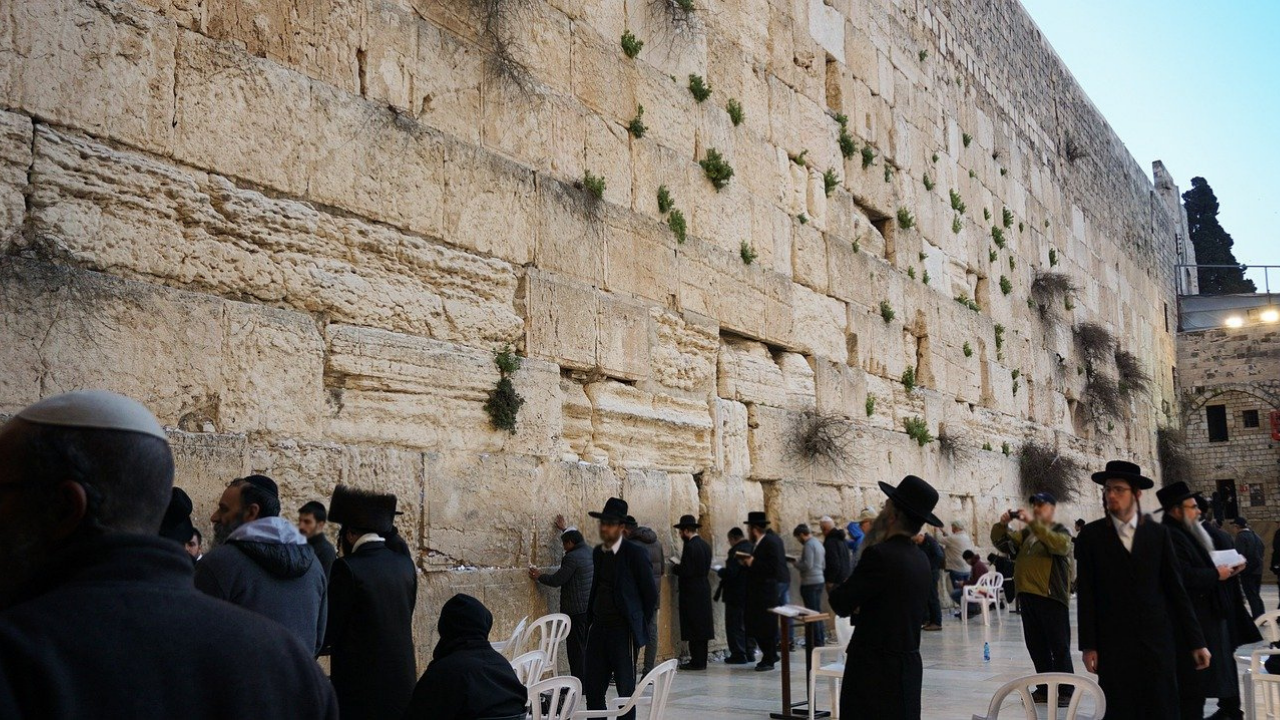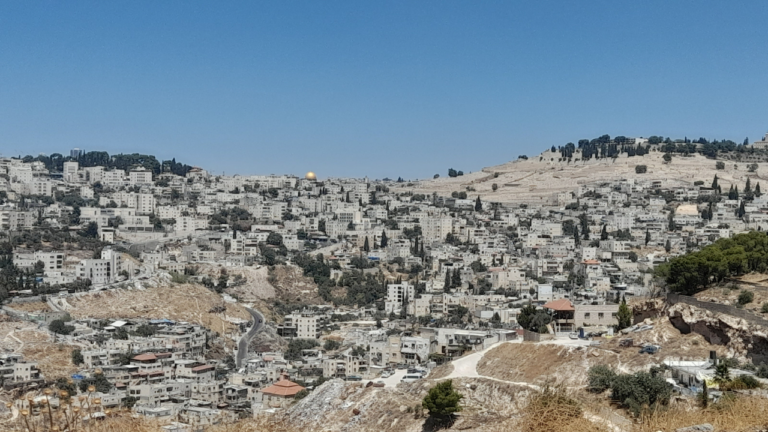The Palace of the King
After the spies’ slanderous lies about the Land of Israel, Yehoshua and Kalev stand up and say the following:
The land that we traversed and scouted is an exceedingly good land. If God is pleased with us, He will bring us into that land, a land that flows with milk and honey, and give it to us; only you must not rebel against God…
On a simple level, they were trying to win back the hearts of the people with their impassioned words. Unfortunately, though, it fell on deaf ears.
Despite their speech not achieving its mission, Rav Moshe Tzvi of Severen notes that they encoded in these verses a key ingredient to proper living in the Land. He interprets “the Land is exceedingly good” as referring not only to the Land’s physical bounty and beauty but also to the Land’s spiritual qualities. The air of the Land is permeated with the Divine Presence and allows one to connect more deeply and intimately with God and all that is spiritual.
However, there is a catch. Yehoshua and Kalev continue with the words “only you must not rebel against God.” The world is built on a balance of opposing forces. If the Land of Israel has potent positive spiritual forces, it also bears terrible potential for the opposite. The Land of Israel is only “exceedingly good” if a person is “pleasing” to God. But if a person “rebels,” then a sin committed in the Land of Israel can become a greater stain on the person than the identical sin committed outside of the Land. A sin in “the palace of the king” is more negatively impactful than a sin in the countryside.
This notion of a balance in between good and evil is all the more true regarding Yerushalayim. On the one hand, it is a place of great potential for growth in spirituality. The Mishna teaches us that even one living in the Land of Israel can force a spouse to move with him/her to Yerushalayim due to its unique qualities.
However, there is also a great danger for those that are not wary. In next week’s parsha the Jewish people, due to their sins, complain to Moshe that: “Everyone who so much as ventures near God’s Tabernacle must die. Alas, we are doomed to perish!” When they were not in a state of worthy of being close to the Mishkan, this proximity to sanctity became threatening. This same mindset was transposed to Yerushalayim. The Navi specifically highlights the sins of Yerushalayim as a reason for the destruction. Proximity to the Beit HaMikdash when one is impure can cause a severe punishment.
With great potential comes great risks. Let us embrace the potential of Yerushalayim while praying to God that we always remain worthy of our city and avoid the potential pitfalls.



